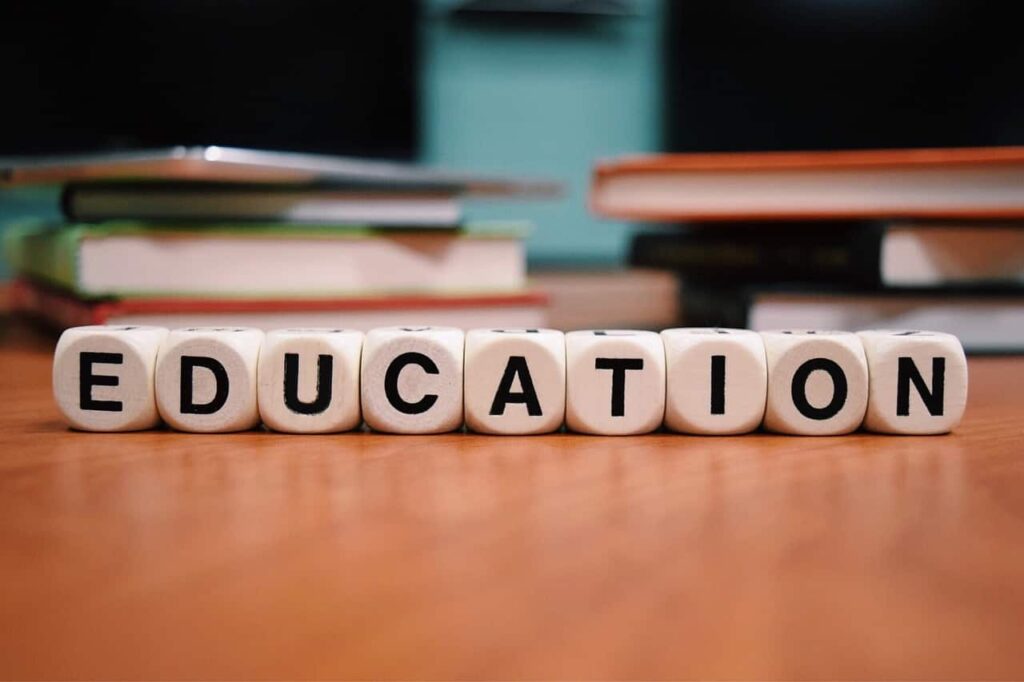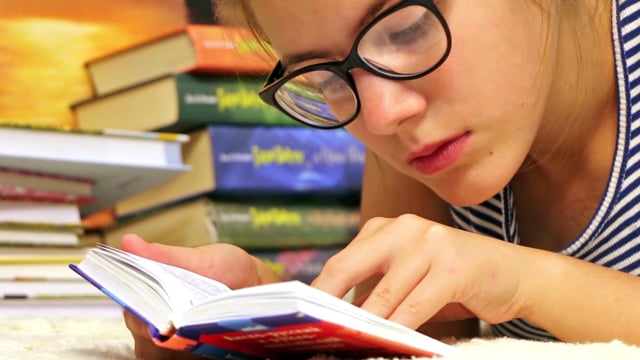Education forms the bedrock upon which societies flourish. It equips individuals with the tools and knowledge necessary to navigate the complexities of life. By fostering intellectual growth, personal development, and social awareness, education unlocks doors to opportunity and cultivates a sense of purpose. In an ever-changing world, understanding the essence of education and its aims and objectives is vital for nurturing a well-rounded society.
Table of contents
5 Definitions of Education
- Education as a Formal Process: This definition views education as a formal process that takes place within established institutions such as schools, colleges, and universities. It involves the transmission of knowledge, skills, and values from teachers to students through structured curriculum and instructional methods.
- Education as Lifelong Learning: This definition recognizes education as a lifelong process that extends beyond formal schooling. It emphasizes the continuous acquisition of knowledge, skills, and experiences throughout one’s life. Education is seen as a holistic and dynamic process that occurs in various contexts, including family, work, community, and personal pursuits.
- Education as Personal Development: This definition focuses on education as a means of personal growth and self-actualization. It emphasizes the development of an individual’s intellectual, emotional, social, and physical capacities. Education, in this sense, is viewed as a transformative journey that enables individuals to discover and maximize their potential.
- Education as Socialization: This definition perceives education as a socializing process that prepares individuals to function effectively within society. It emphasizes the acquisition of social norms, values, and behaviors necessary for individuals to become active and responsible members of their communities. Education, in this context, equips individuals with the skills and knowledge needed to navigate social structures and contribute to the well-being of society.
- Education as Empowerment: This definition sees education as a means of empowerment, enabling individuals to overcome social, economic, and political barriers. Education is seen as a tool for social mobility, providing individuals with opportunities to improve their socioeconomic status, enhance their quality of life, and exercise agency in shaping their own destinies. It emphasizes the role of education in promoting equality, justice, and human rights.
It is important to note that these definitions are not mutually exclusive, and education can encompass elements from multiple perspectives. The diverse nature of education reflects its multifaceted role in society, serving various purposes and fulfilling different needs based on individual, cultural, and societal contexts.

The Essence of Education
Education encompasses far more than the mere accumulation of information. At its core, education is a transformative process that stimulates the mind, nurtures curiosity, and promotes critical thinking. It instills a lifelong love for learning, fostering an environment of intellectual exploration and personal growth. Education transcends the boundaries of traditional classrooms, reaching beyond textbooks to encompass experiential learning, holistic development, and the cultivation of essential life skills.
Aims of Education
Education is driven by a set of overarching aims that guide its purpose and direction. These aims include intellectual development, personal development, social development, and cultural development.
Intellectual Development
One of the primary aims of education is to foster intellectual development. This involves equipping individuals with the knowledge, analytical abilities, and critical thinking skills necessary to comprehend and engage with the world. By nurturing a thirst for knowledge, education empowers individuals to explore various disciplines, develop independent thinking, and contribute to the advancement of society.
Personal Development
Education plays a pivotal role in personal development by fostering the growth of individuals on multiple levels. It encompasses the development of character, emotional intelligence, self-awareness, and empathy. Education encourages self-reflection, introspection, and the cultivation of values, allowing individuals to lead meaningful and purposeful lives.
Social Development
A vital aim of education is to promote social development. Education enables individuals to understand the complexities of the society they inhabit, fostering social awareness, empathy, and a sense of responsibility towards the collective well-being. By instilling values of tolerance, inclusivity, and respect, education nurtures a harmonious and cohesive society.
Cultural Development:
Education also aims to promote cultural development, enabling individuals to appreciate their own cultural heritage and fostering an understanding of diverse cultures. By encouraging cultural exchange, dialogue, and appreciation, education contributes to social cohesion and celebrates the richness of human diversity.
Objectives of Education
To achieve its aims, education is guided by a set of specific objectives that provide a roadmap for its implementation. These objectives include knowledge acquisition, skill development, values and ethics, and critical thinking and problem-solving.
Knowledge Acquisition
Education aims to impart a comprehensive body of knowledge across various disciplines, equipping individuals with the foundational understanding necessary to navigate the complexities of life. This includes subject-specific knowledge, as well as broader knowledge encompassing history, science, arts, literature, and more.
Skill Development
In addition to knowledge acquisition, education places significant emphasis on skill development. It aims to equip individuals with a diverse range of skills, including communication, critical thinking, creativity, problem-solving, collaboration, and adaptability. These skills empower individuals to navigate challenges, seize opportunities, and contribute effectively to society.
Values and Ethics
Education strives to instill values and ethics, providing a moral compass that guides individuals in their interactions and decision-making. By fostering integrity, empathy, respect, and social responsibility, education promotes ethical conduct and the development of responsible citizens.
Critical Thinking and Problem-Solving
Education aims to cultivate critical thinking and problem-solving abilities. It encourages individuals to question assumptions, analyze information, and apply logical reasoning to make informed decisions. By nurturing these skills, education equips individuals to tackle complex issues and contribute to innovative solutions.
Conclusion
Education stands as a transformative force that shapes individuals, societies, and nations. Its aims and objectives encompass intellectual, personal, social, and cultural development. By nurturing a love for learning, imparting knowledge, developing skills, and fostering ethical conduct, education empowers individuals to fulfill their potential and contribute meaningfully to a better world.
Sources
- Dewey, John. “Democracy and Education.” Free Press, 1997.
- Freire, Paulo. “Pedagogy of the Oppressed.” Continuum, 2000.
- UNESCO. “Education 2030: Incheon Declaration and Framework for Action.” UNESCO, 2015.
- Gardner, Howard. “Frames of Mind: The Theory of Multiple Intelligences.” Basic Books, 2011.
- Noddings, Nel. “Caring: A Feminine Approach to Ethics and Moral Education.” University of California Press, 2013.



 For all latest articles, follow on Google News
For all latest articles, follow on Google News